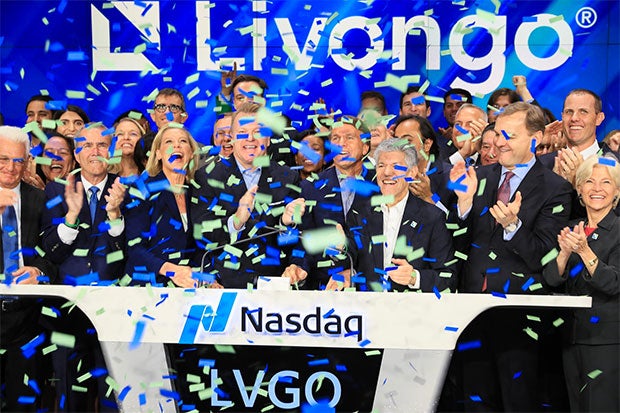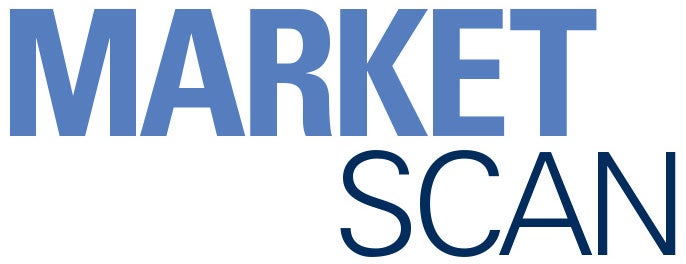

Investor Appetite Remains Strong for Digital Health Startups
im
Much was riding on the late July initial public offering by California-based Livongo Health — both for the company, which helps patients manage chronic diseases, as well as other digital health startups trying to assess investor appetite for the sector. By market close on the first day of public trading for Livongo, it was hard to escape the positive reaction.
Livongo shares surged as much as 62% before closing up 36% as the company raised $355 million in its market debut, CNBC reported, a sure sign that investors hadn’t lost their appetite for digital health opportunities.
Even more significant than the financial backing Livongo received is how it has forged strong partnerships with patients, employers, health plans and companies like Microsoft by delivering personalized services for users. The company, founded in 2014, works with commercial payers and Medicare and Medicaid as well as health systems such as Jefferson Health, Mount Sinai, Mission Health, BJC HealthCare and the University of Massachusetts Medical School.
Livongo has demonstrated that it can help people manage chronic conditions like hypertension and diabetes with its platform that aggregates and analyzes data and uses insights developed from the data to encourage healthier behaviors that lead to better outcomes. It connects to devices such as the Apple Watch and Fitbit and prompts users to make better food choices and exercise. In April, the company became the first consumer digital health company to collaborate with Amazon Alexa on a HIPAA-compliant service to connect with the online retailer’s 100 million devices in use. The platform enables Livongo members to do things like ask for their blood glucose readings and healthful eating tips.
Livongo reports that its members are achieving and sustaining positive results through the program. Average HbA1c readings for members dropped from 7.8% to 6.9% at 12 months post-enrollment, while a study showed that Livongo drove medical cost savings of 5.8% in one year for two large self-insured Fortune 50 companies.
Livongo is hardly alone, though, in its quest to better engage consumers directly in their own health to improve outcomes, cut costs and better manage their conditions. Competition is growing from other B2B digital health players:
- Hello Heart is a smartphone app-driven platform to help users manage hypertension, heart rate, cardiovascular health and diabetes.
- Omada offers a digital personalized care program to support those at risk for or diagnosed with prediabetes, type 2 diabetes, hypertension and high cholesterol.
- Onduo., a joint venture between Sanofi and Alphabet Inc. subsidiary Verily Life Sciences, is a virtual care program for patients with type 2 diabetes and offers management tools, coaching and clinical support.
Despite the growing competition, some analysts believe Livongo has a decided advantage over its competitors. SVB Leerink analysts believe that Livongo’s “secret sauce” is its ability “to marry its connected devices with data science and care coaches to personalize and simplify what is often a burdensome and isolating experience. Livongo has cracked the code that has eluded so many digital health companies: sustainable behavior modification,” Medtech Dive recently noted.



